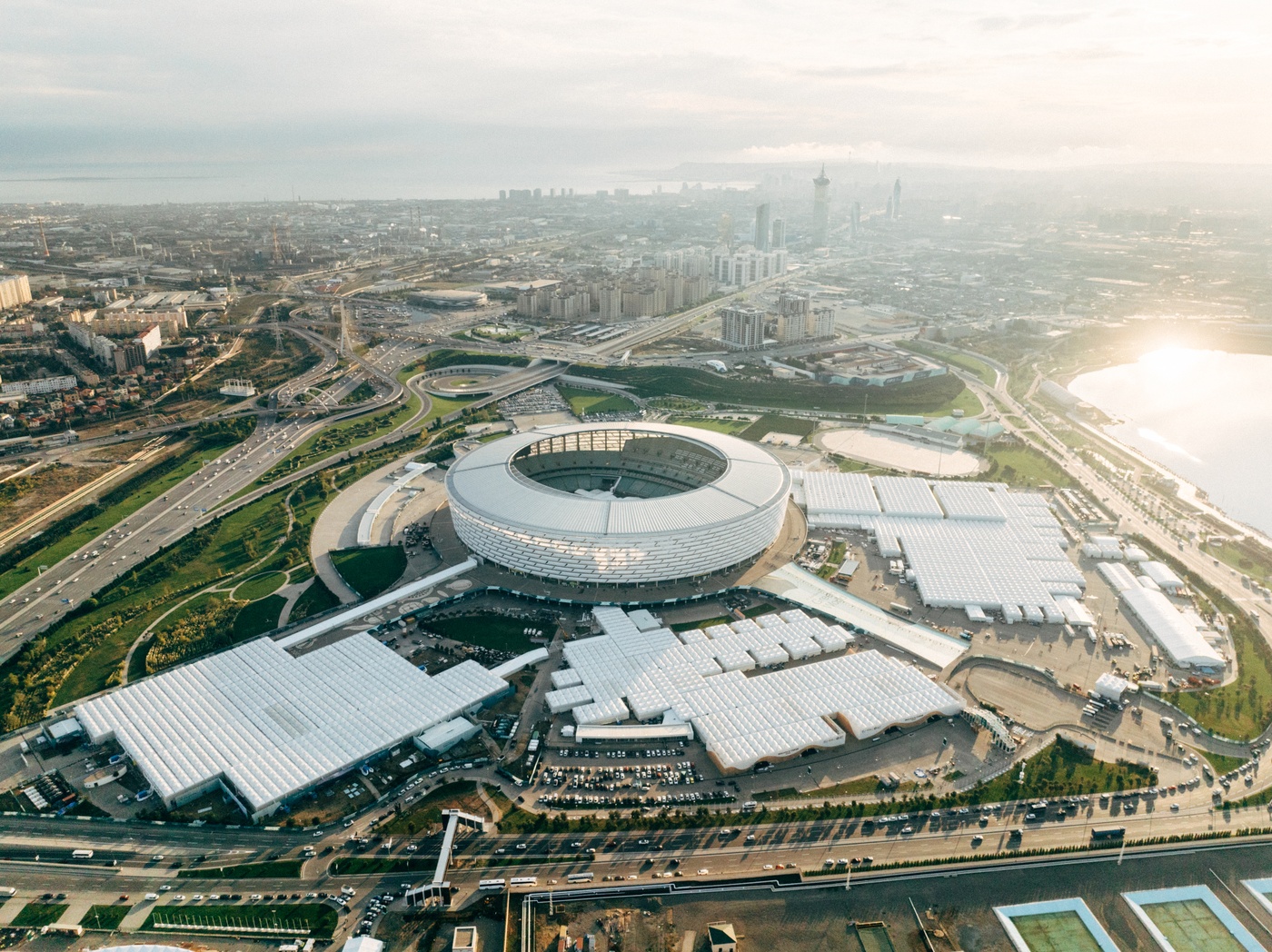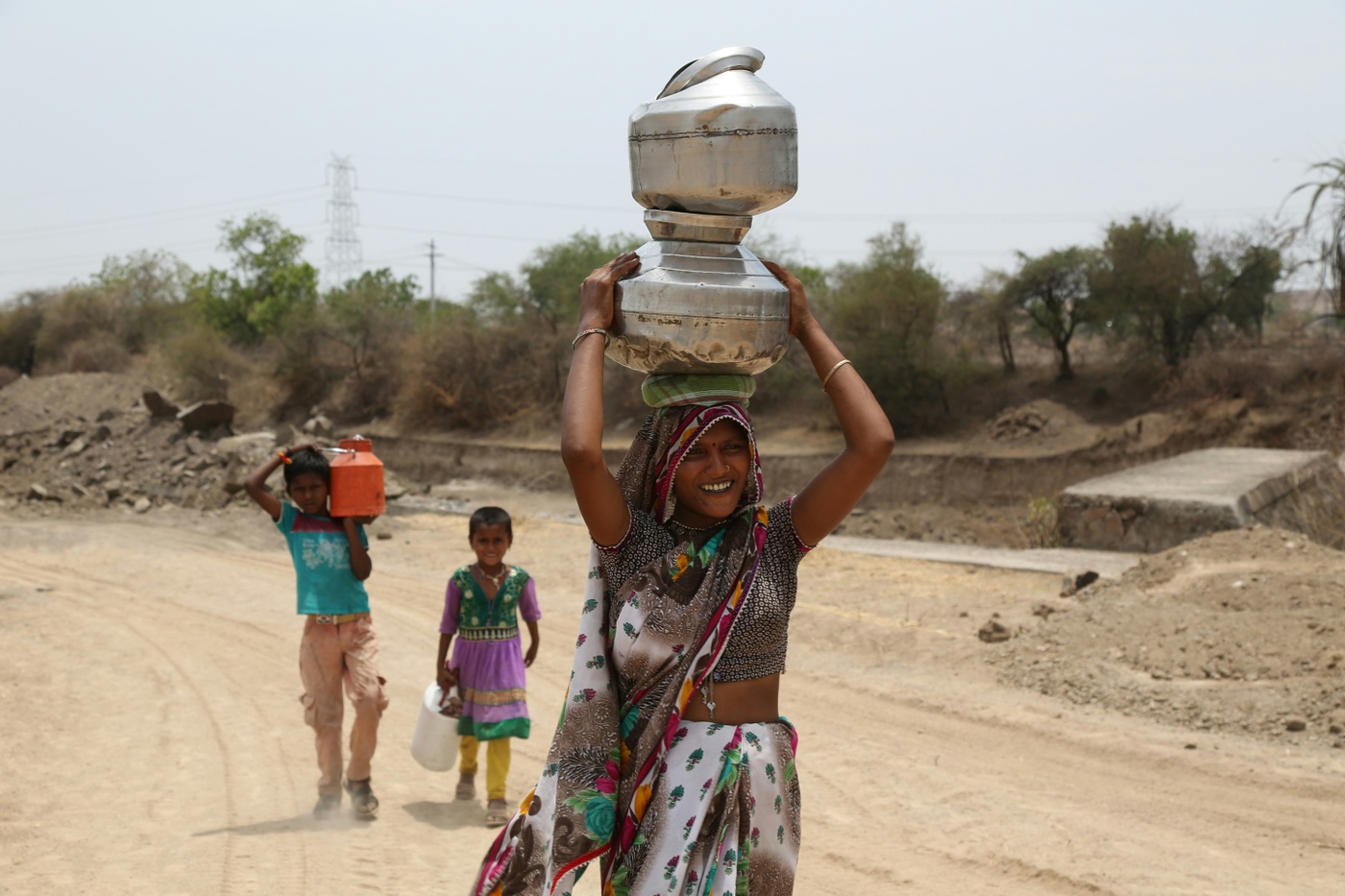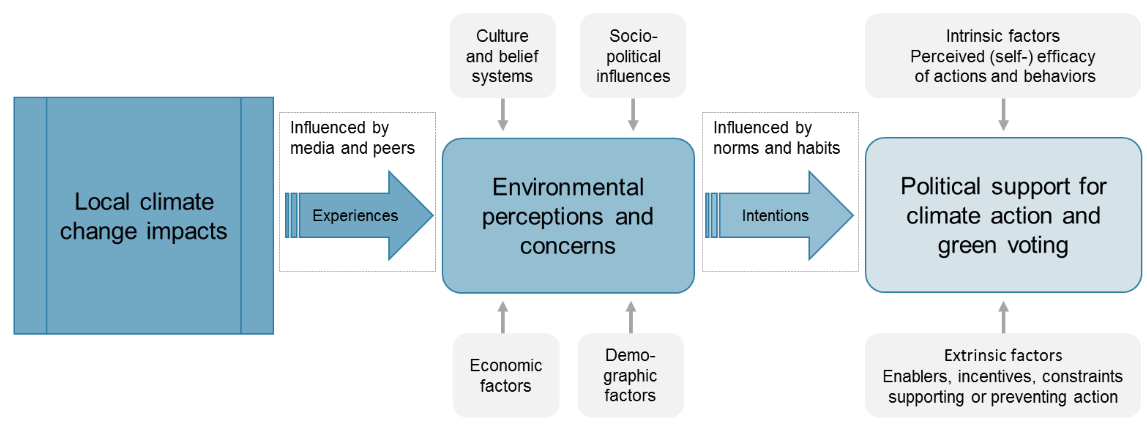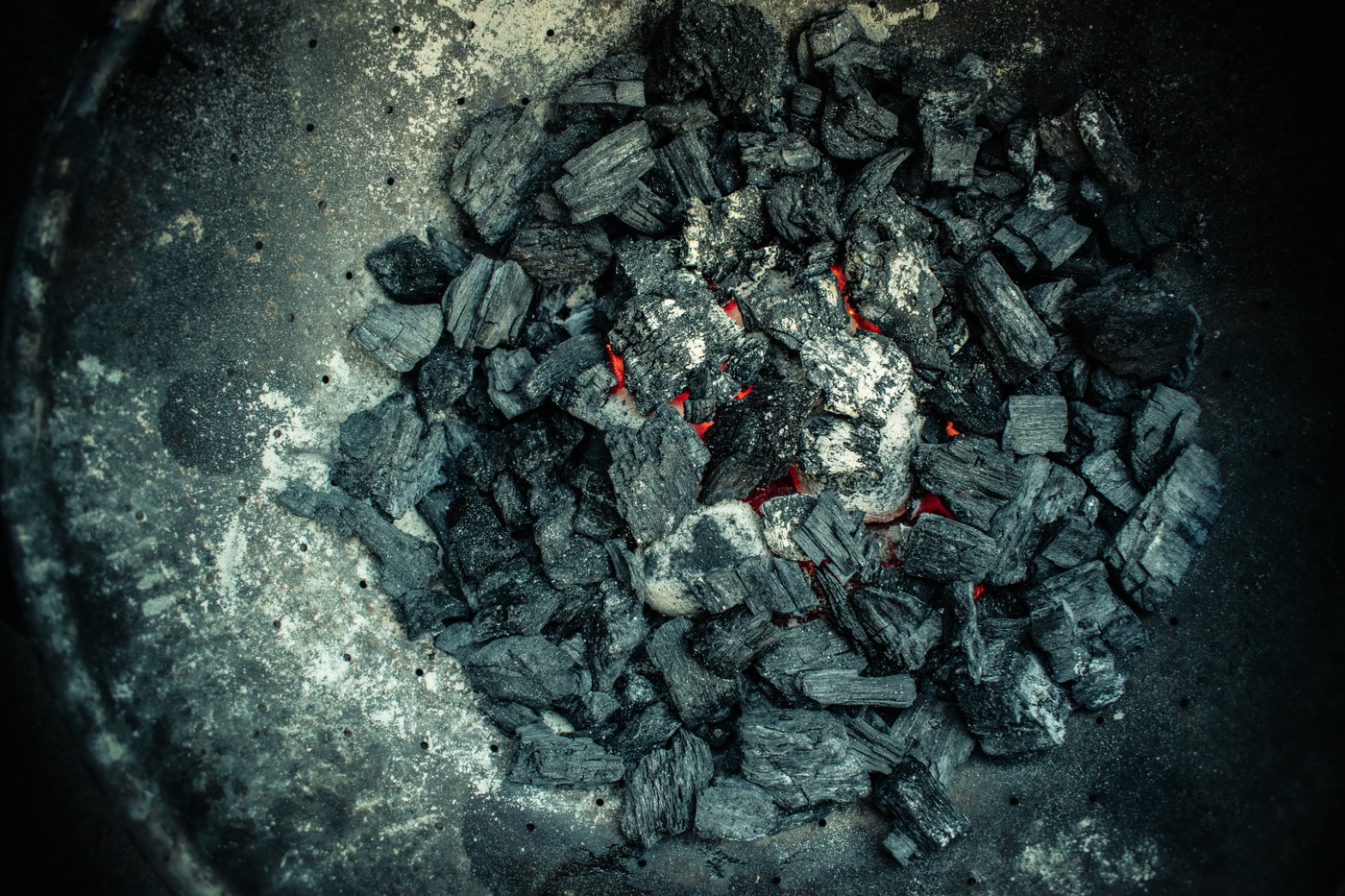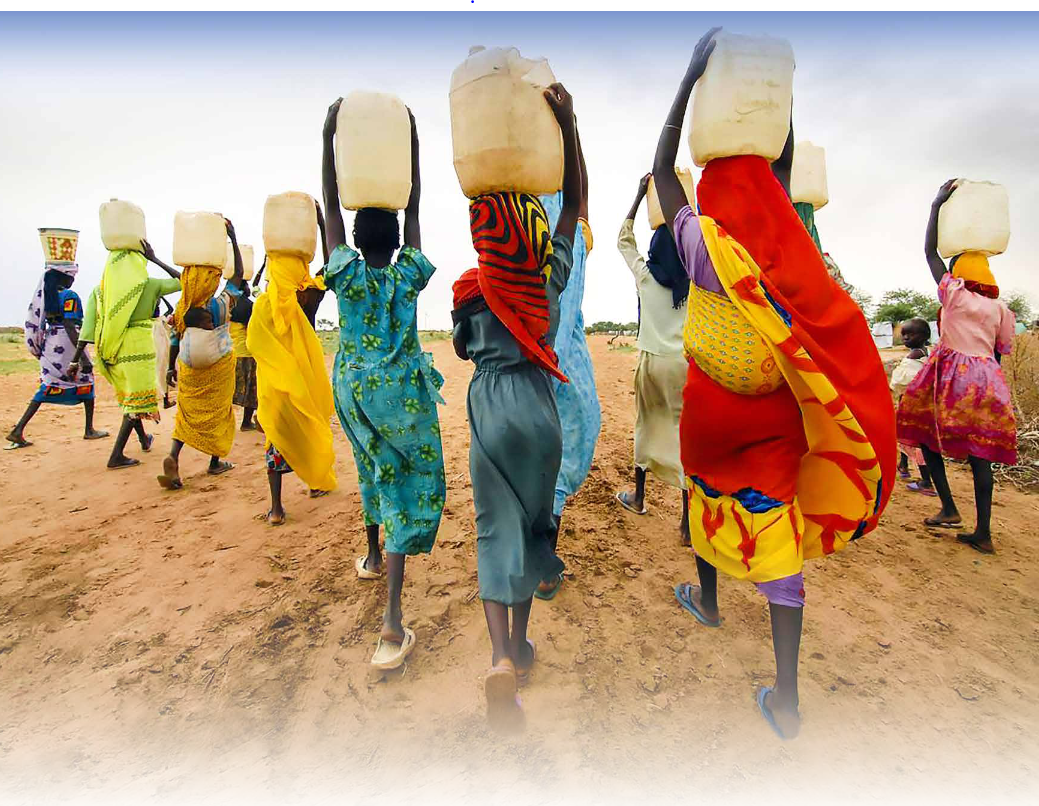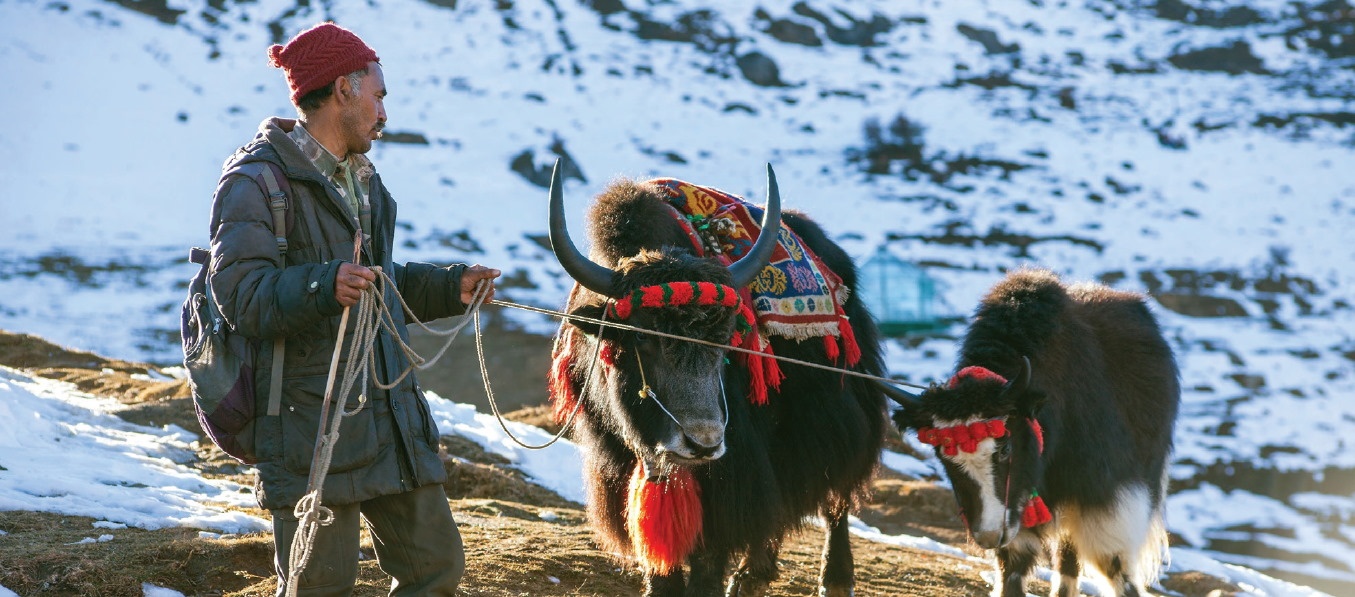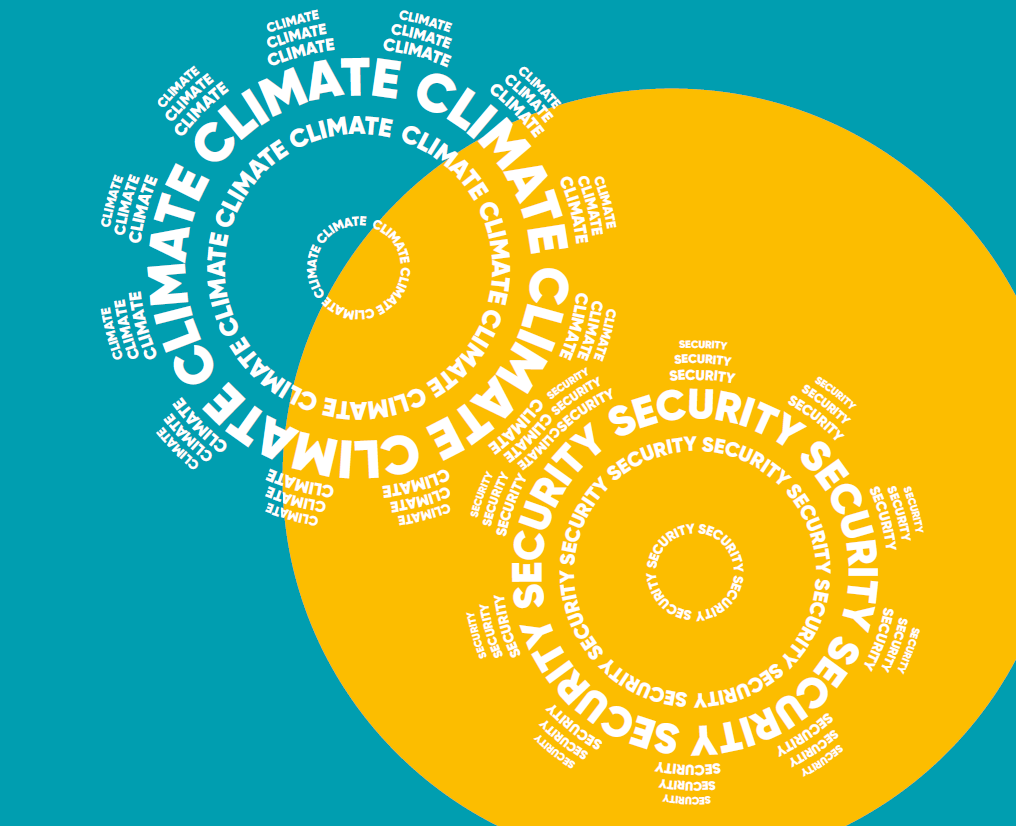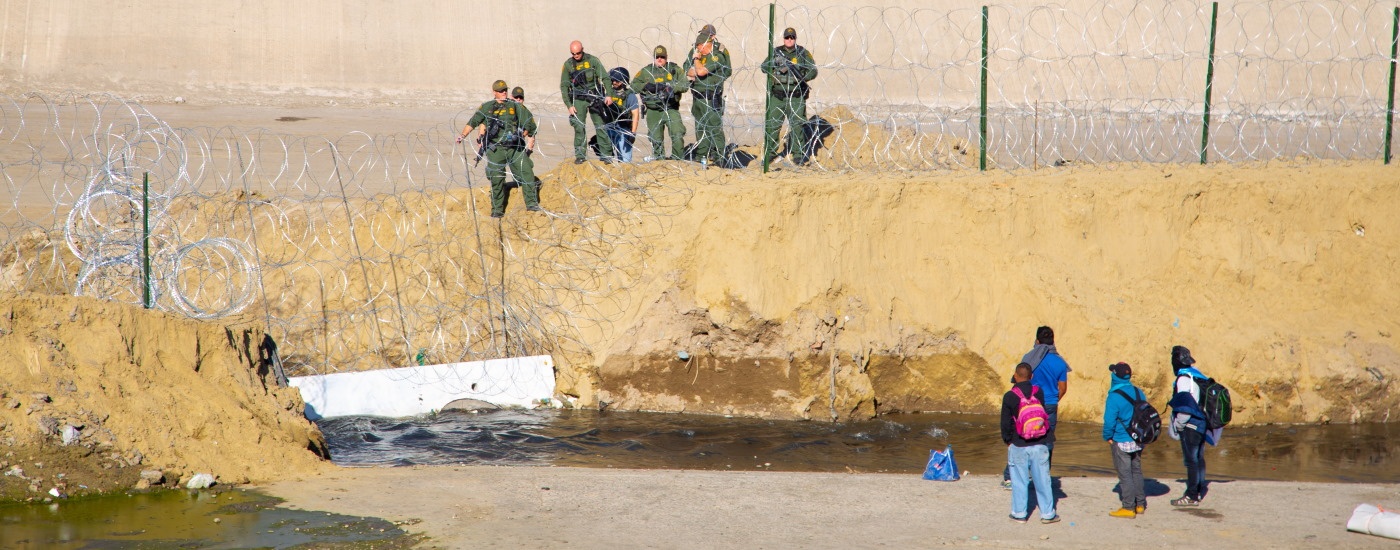
Human societies depend on a continuous throughput of materials and energy for their reproduction. Raw materials must be extracted from the environment, transformed into goods and services (e.g. food, housing and mobility) and eventually all materials are released back to the environment as emissions and waste. Free energy and socially organized human labor are required to keep this social metabolism going.
Sustainable social metabolism
The social metabolism varies by orders of magnitude in scale and in composition historically and among contemporary societies. Contingent on the available social techniques to capture free energy, we distinguish three socio-metabolic regimes: the foraging regime (intentional use of fire), the agrarian regime, (the reproduction of biomass flows is managed through agricultural techniques), and the industrial regime (the dominant technique to capture free energy is burning fossil fuels).
The industrial metabolism has a dual role for human societies and the environment. By using the atmosphere as the major waste dump, the industrial metabolism is the main cause of global warming. At the same time the industrial metabolism has so far been the only metabolic regime that allowed bringing millions of people out of poverty.
Our future lab seeks to understand the metabolism of various social systems (countries, economic sectors, cities, settlement types, households, etc.), what it contributes to global warming and other environmental impacts, how it is affected by global warming, and how a sustainable social metabolism, that creates wellbeing for all, could look like. Empirically, we focus on cities and human settlements, health care, inequality, climate migration in agrarian societies, and international climate mitigation policy.
We use a variety of methods from industrial ecology, social and computational sciences, including energy and material flow analysis, MRIO based environmental footprinting, econometric analysis, agent based modelling, demographic models, qualitative interviews, complex network analysis and machine learning.
Administration/Coordination
Core research questions
- What are the distributional aspects (social, temporal and spatial) of the social metabolism, how are they regulated and what are their social implications?
- What are the core determinants of the interaction between climate impacts, migration dynamics and outcomes on wellbeing in agrarian communities?
- How should international policies be designed to achieving long-term climate goals?
Current and recent guests
- Juan Auz, Humboldt Foundation International Climate Protection Fellow, visiting lawyer from Ecuador, April 2018 - Aug. 2019 (joins the Hertie School of Governance as a PhD student in Sept. 2019)
- Yuli Shan, Green talents awardee 2018, from the University of Groningen, The Netherlands: July – August 2019
- Fanny Thornton, visiting professor from the University of Canberra, Australia: February – July 2019
- Lukas Gode, Master student from Aalborg University, Denmark: April – June 2019
- Mechthild Becker, Guest researcher, Jan-Jun 2024
- Johannes Többen, Guest researcher in the project INFO-EW, Dec 2023-Dec 2024
- Ingram Jaccard, Phd student, Jan-Dec 2024
- Himani Upadhyay, PhD student, April 2024-Dec 2024
- Dr. Ing. Rosalie Arendt, visiting assistant professor from the University of Twente, The Netherlands, Jun-Jul 2024


